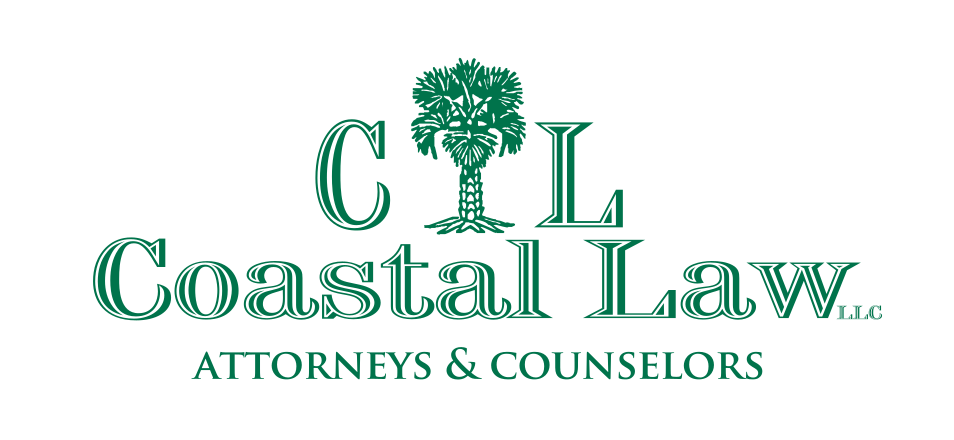You can’t determine whether a person is intoxicated on drugs with a breathalyzer. Following an arrest, the officer may request a urinalysis or blood test for use in court. But how does an officer make the initial determination that a person may be under the influence of drugs?
Drug recognition expert, or DRE, training has been around since the 1970s. Certification as a DRE is a lengthy process that involves three phases of training and a total of 112 hours before the officer is certified. The process of detecting drug use is standardized by NHTSA and consists of a 12-step evaluation that relies in large part on standardized field sobriety tests like those used in “ordinary” DUI detection.
Is Drug Recognition Expert (DRE) Testimony Reliable?
DRE testimony is notoriously unreliable, and can result in false positives, wrongful arrests, and even wrongful convictions. Consider the “Cobb County Drug Whisperer,” officer Tracy Carroll, who has made national news for arresting and charging stone-cold-sober drivers with DUI.
They each passed the breathalyzer, yet Carroll insisted that, based on his DRE training, he was certain that they had used drugs. After spending time in jail and spending money on attorneys to fight the bogus charges, it was revealed that the people he arrested had also passed drug screens.
How Can I Challenge an Officer’s DRE Testimony?
When challenging DRE testimony in a DUI case based on alleged drug use, it is critical to examine the videos and reports to determine whether the officer is using the proper methodology. It is also critical to obtain as much information as possible on the officer and their DRE certification before trial begins. Discovery requests in a DRE case should include:
- The officer’s certification number from the International Association of Chiefs of Police (IACP).
- Information on the certifying agency.
- The officer’s rolling log that should document all the officer’s DRE exams since certification.
- Copies of the officer’s transcripts, evaluations, and test scores from their certification.
- Transcripts or test results from the officer’s re-certifications.
- All documentation from the officer’s examination of the suspect in the current case, including all reports, the “face sheet,” and notes that the officer made during the evaluation.
- The officer’s personnel file which should also include information on the officer’s certifications.
Remember that, although this information may be obtained through a discovery request from the prosecutor, it can also be obtained by subpoena (in S.C., the DUI statutes specifically authorize subpoenas in DUI cases even if they are in the magistrate court, on the signature of the clerk, judge, or any officer of the court) or Freedom of Information Act (FOIA) requests to the officer’s department, the Criminal Justice Academy (CJA), or the IACP state coordinator.
Charged with DUI Based on Drugs in Myrtle Beach, S.C.?
Coastal Law, LLC’s Conway and Myrtle Beach DUI defense lawyers will get the evidence needed to challenge DRE testimony in your DUI case, to get your case dismissed, or to try your case to a jury. You can schedule a free consultation to discuss the facts of your case by calling (843) 488-5000 or filling out our online form.

